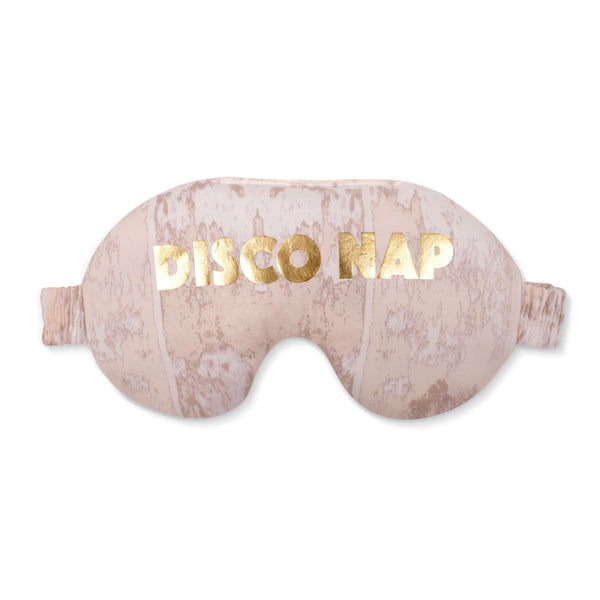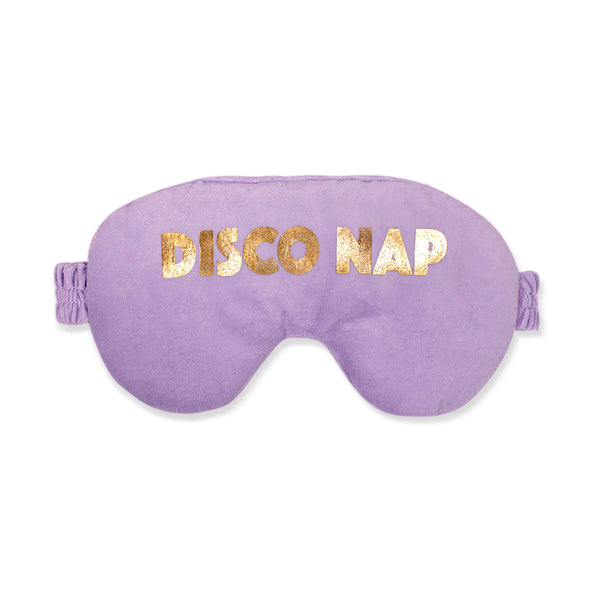Do you ever dream about showing up to work naked? Or your teeth turning to sand? What about trying to run away and not being able to move?
The truth is, there isn't much we know about our dreams- other than the fact that they're inexplicable and confusing. But a certain type of journaling (yes, journaling!) can help you pin down why exactly you dream what you dream.
A dream journal is a place to record your dreams the moment you wake up so that you can better remember later. Once recorded, you can either consider a serious interpretation of your dreams or just find recurring patterns in your subconscious. Cool right?
Here's how to start:
Organization is key
Just like, studying, dream journaling takes a bit of organization. Type-A girls, unite!
A good rule of thumb is to divide your page into two columns, one side for the dream, the other for interpretation. There are various ways to leave space for the interpretation (which will come later). You can try color coding, dividing the page horizontally or vertically, or even illustrating your dreams.
It's also important to note that each dream should have ample space to add notes to. You may have reoccuring dreams and want to connect them together later. Or your dreams may come back to you in snippets throughout the day. Make sure you allow yourself the room you need to get as complete thoughts as possible.
After finishing your dream entry for the day, date the next page for the next entry. This way, you don’t lose precious time, and possibly forget details, the next morning when you record your next dreams.
Don't Stress
The best part of dream journaling is there is no wrong way to do it. While yes, you should remember certain rules, like recording everything you remember from your dreams, using vivid language, and not stressing yourself over whether there’s a clear narrative (it’s probably even better if there’s no defined plot line to your dream), you don’t have to format your journal in any sort of way.
When Interpreting, Get Personal
Before you go searching for an online dream interpretation dictionary where dreaming of applesauce means that you will experience unexpected happiness, and not that you ate some today, stop yourself. Yes, there are a million dream guides out there-- but your dreams are, well, yours. Your life and the context it provides via your experiences, fears, preferences and more will shape your dreams more than a book that doesn't understand your experiences. Use yourself as the basis of your dream interpretations.
Once you have your life as the framing context of your dreams, it makes it easier to start interpreting dreams. In general, pace yourself when recording dreams and interpreting them. Maybe you record your dreams in the morning, and interpret them while winding down for the night. Maybe you interpret a week’s worth of dreams over Sunday brunch. No matter what, just know that your interpretation styles will differ depending on the type of dreams you have. For simplicity’s sake, we’ll divide them into the categories abstract vs familiar.
If you’re interpreting familiar dreams
First, look for something recognizable in the dream. The dream is dubbed familiar because you recognize something from it—for instance, maybe the setting of your dream is your old high school, or even the apartment from your latest Netflix obsession. Maybe there’s symbolism there (i.e. you miss the gold old days; you wish your life was tv-worthy) or maybe it’s just a reminder of things your brain has “seen.”
Once you have the familiar aspect pinned down, move on to if the events in your dream could transpire in your life. Is there an exam you know is scheduled during finals week in your dream? Are you hanging out with a loved one? If it could happen, (and the dream is reccurring), then it may show that you’re thinking about it a lot, be it out of worry or excitement.
If your dream is abstract
Chances are, this kind of dream is trippy AF. If there’s no familiar imagery to grab onto, consider your emotions in place of the recognizable. Did the dream make you happy, anxious, sad? Was there any imagery that prompted those emotions?
Next, consider the images that stuck out to you the most, no matter how weird they are. There’s a chance that you’ve encountered it some way or another, or maybe it’s even a metaphor for a certain emotion/experience.
Understand the bigger picture
Even though writing your dreams down and interpreting them may seem ridiculous, it also forces you to consider your mental space and mental health. It forces you to self-reflect and, if the dreams are prompted by negative emotions/events, it also will prompt some self-care, be it by soothing yourself or by confronting the problem directly. Also, the act of journaling something so personal is a soothing and quiet activity that is self-care all in itself. Experimenting with dream journaling can be a creative outlet as you tap into ideas that only occur in your sleeping hours and as you find ways to describe what you saw in the dream via words or even pictures.
Even if you don’t seriously interpret your dreams, dream journals provide a place to start if you want to better understand how you and your mind works. Maybe you will take inspiration from your dreams for projects, or maybe you’ll find a way to make yourself more mindful, more in tune with your subconscious. No matter your reasons, a dream journal is a fun, easy tool that has a place on your bedside table—all you have to do now is dream and write ;)
✨✨ WRITTEN BY DREAM GIRL & GUEST BLOGGER ARICA FRISBEY ✨✨
41 Winks featured product: Tiny Houses Pillowcase in Kelly Green

